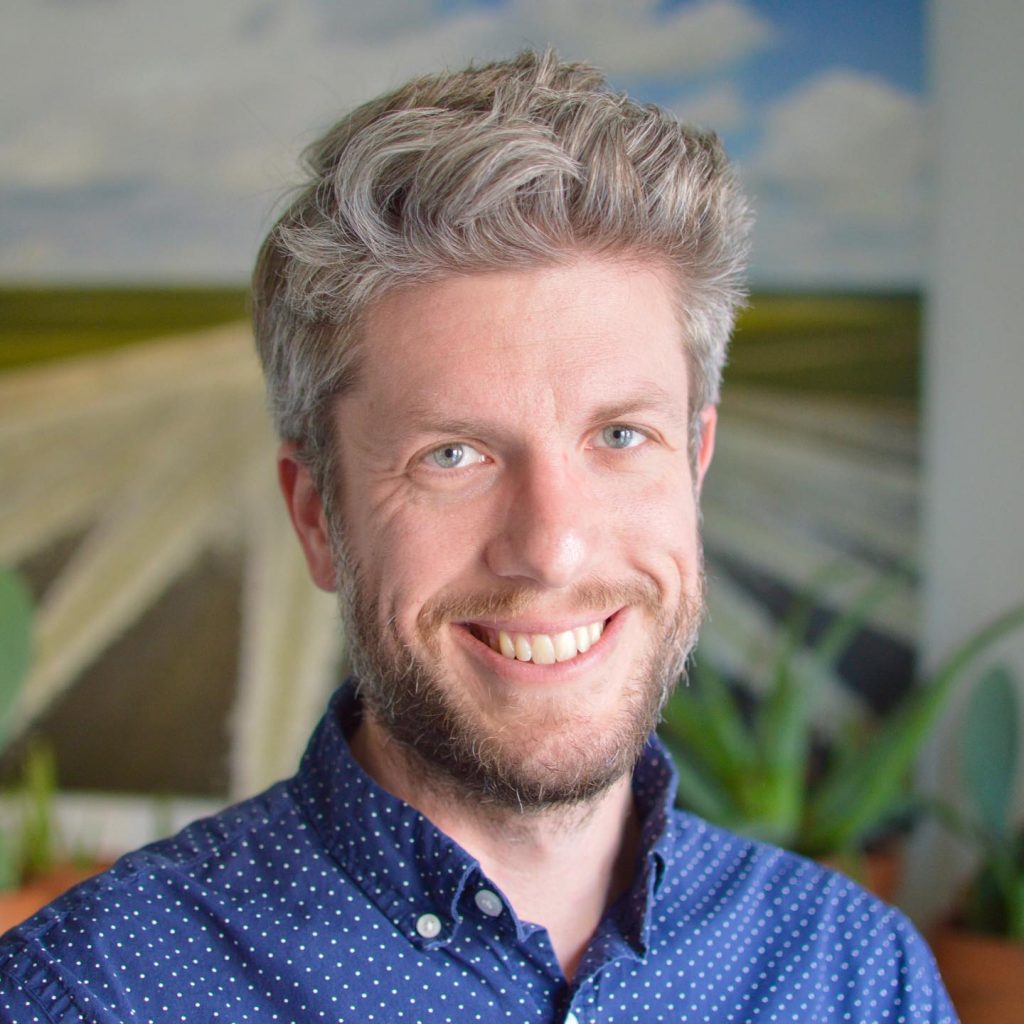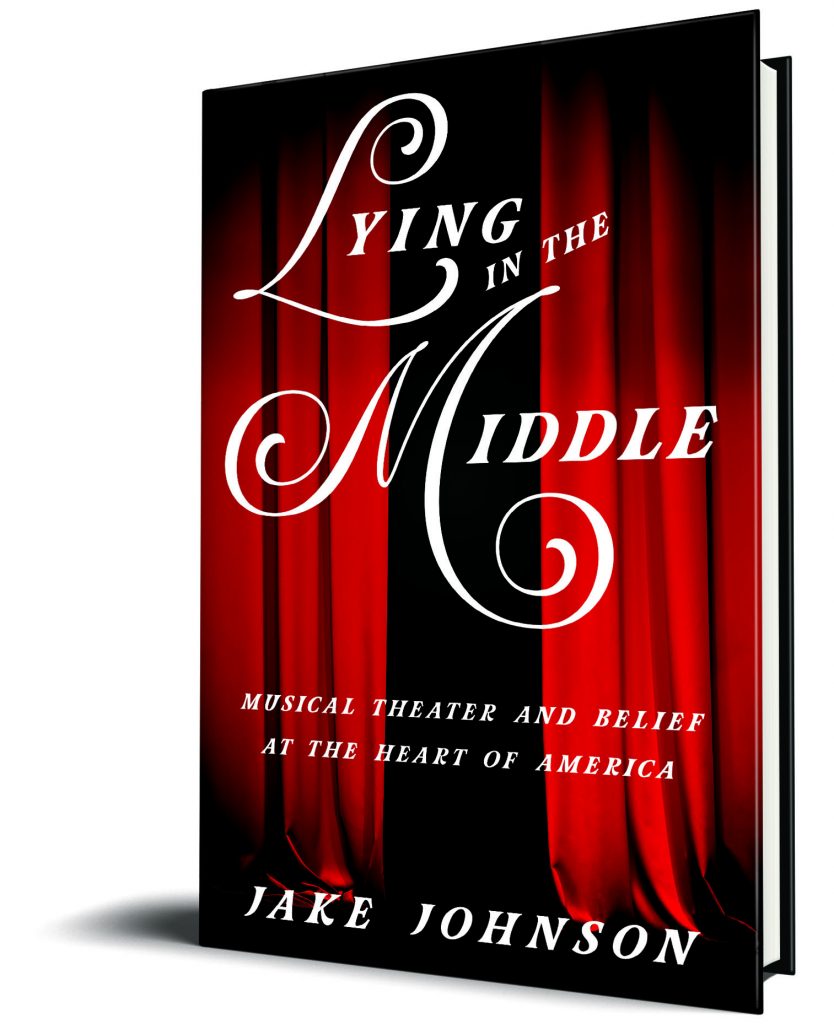Jake Johnson, author of Lying in the Middle: Musical Theater and Belief at The Heart of America, answers questions on his scholarly influences, discoveries, and reader takeaways from his book.
Q: Why did you decide to write this book?
I wrote this book in celebration of the simple, everyday work of world-building that happens in the middle of the country. I initially set out to study musical theater culture outside of Broadway. After spending some time with these communities, I realized the larger story was not about the musical works themselves but rather about the work musicals were doing for these folks—work that made their past more manageable, and that enabled them to look ahead with bold imagining. I was inspired by the people making lives in the middle of America. There is something powerful about living in the middle: between two coasts, between truth and fiction, between belief and disbelief, between past and future, between the stage and the audience. I decided to write a book that celebrated the power of such middle spaces and the determination of those who find themselves in them.
Q: Who were your biggest influences?
There is always an enormous database of influencers encoded within any book. But to pinpoint one, it would be for me the art historian Alexander Nemerov, whose whimsical and lyrical approach to storytelling captured my imagination many years ago. “What if I were an artist,” he once asked, “and scholarship was my medium?” His simple question gave me permission to craft the kind of story I wanted and needed to tell.
Q: What is the most interesting discovery you made while researching and writing your book?

My cheat answer is that writing is a process of discovery; you are a different person on the other side of a big writing project if only because you now know yourself better. But I did find heaps of intriguing stories along the way. One of the more shocking was that many charismatic cult leaders in America have a shared background in musical theater. It was in the theater where these men first began practicing world-building. I wasn’t expecting to stumble upon this connection, and it has changed the way I think about the serious consequences of pretend.
Q: What myths do you hope your book will dispel or what do you hope your book will help readers unlearn?
I hope this book actually pulls people back to their myths. The primary thrust of this story is that the world is built on the lies we tell. Lies make worlds possible. I think we need to move past our binary understanding of truth and fiction, particularly in this post-truth era of ours, and embrace how whimsical stories can sometimes get us further than the truth. Telling the truth is another way of affirming what our current world is, whereas I am interested in how everyday practices of lying open up space for different worlds that might be more just, more magical, and more interesting. Musicals help us practice building these worlds, and the everyday mythologies musicals enable are one path to making these better worlds possible.
Q: What is the most important idea you hope readers will take away from your book?
Whether through musicals or something else entirely, building worlds different from our own is always worth our time. The world we inhabit is poor in possibility. Let’s practice making it richer.
Q: What do you like to read/watch/or listen to for fun?
No matter the genre, I’m a sucker for stories about the destinies of problem-solving. George Saunders, Ted Chiang, and David Mitchell are a few of my recent literary giants, and my wife and I never let too much time go by without revisiting our volumes of Anne Carson, Anne Sexton, and Joan Didion. I just finished rewatching the television series LOST with my oldest daughter. We both appreciate the kinds of stories where people discover their purpose, and that that purpose involves working together with those who are often very different from them. And I love spending time with my younger daughter watching episodes of Gravity Falls and Gortimer Gibbon’s Life on Normal Street, which so cleverly make the world seem mysterious and unfamiliar—the first steps, I think, to delivering this world into greater possibilities.

